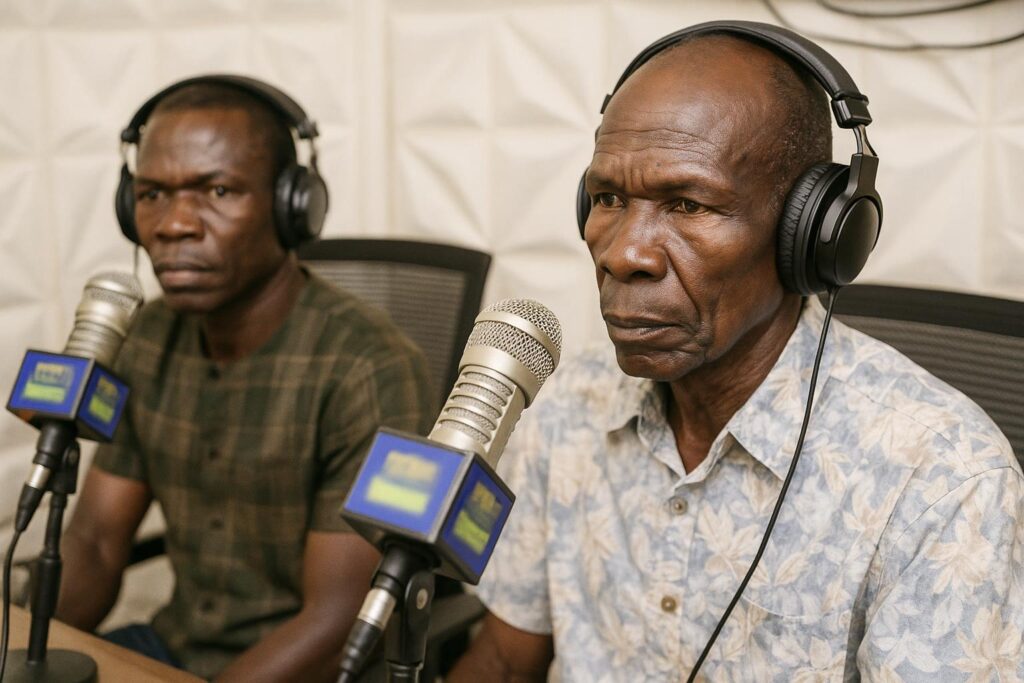Gender-Based Violence Statistics in South Sudan
South Sudan continues to confront alarming gender-based violence rates, ranking second on the continent, according to legal aid officer Morris J. Peter. He links the trend to decades of turbulence.
Speaking on Eye Radio’s Sundown Show, Peter explained that conflict zones display the gravest patterns, where violence against women is wielded as a weapon and reporting remains perilously low.
Special Courts and Legal Aid Expansion
In response, authorities have introduced special courts dedicated to gender-based violence and juvenile matters, aiming to speed hearings, secure evidence, and deter offenders through visible justice across all South Sudanese states.
Peter urged government agencies and partners to scale the model, insisting that legal aid must follow survivors from the police desk to the verdict so no case collapses for lack of counsel or protection.
Integrated Psychosocial and Medical Care
Bernard Longa of the Ministry of Gender, Child and Social Welfare underlined that justice alone cannot heal trauma; survivors need doctors, counselors, and safe shelters working in concert from the first report.
He noted that social workers are now stationed in police stations, hospitals and courts to guide victims through procedures often unfamiliar in rural counties, where customary norms previously silenced complaints.
Community Awareness and International Backing
Both speakers agreed that stigma remains the single greatest barrier: without community acceptance, survivors retreat, evidence fades, and impunity hardens.
FACE South Sudan, with UNDP and the Kingdom of the Netherlands, is funding radio dialogues, school debates and local theatre to spark conversations that transform bystanders into allies.


